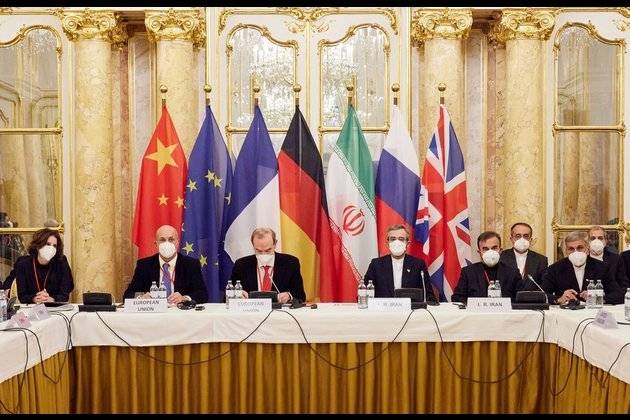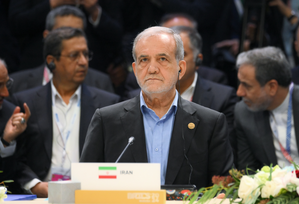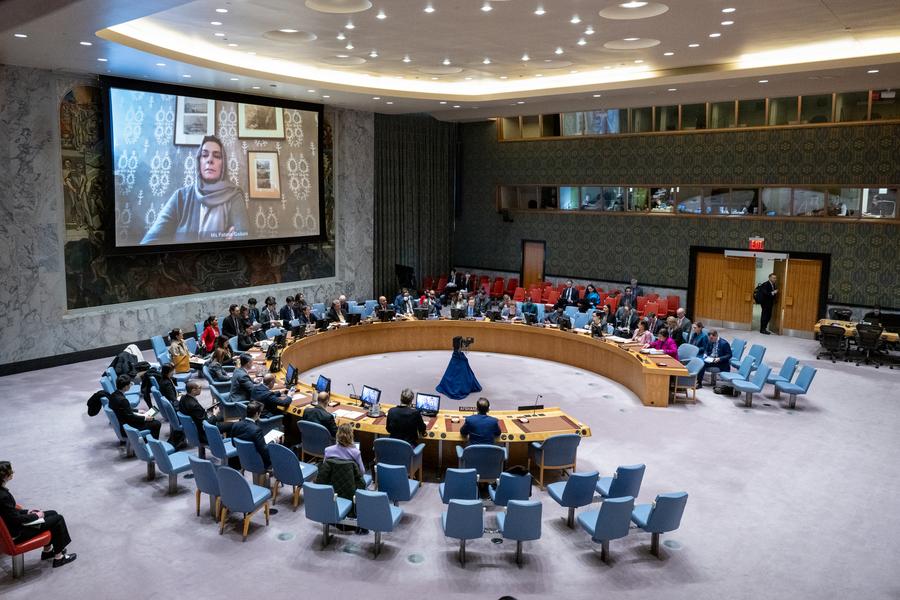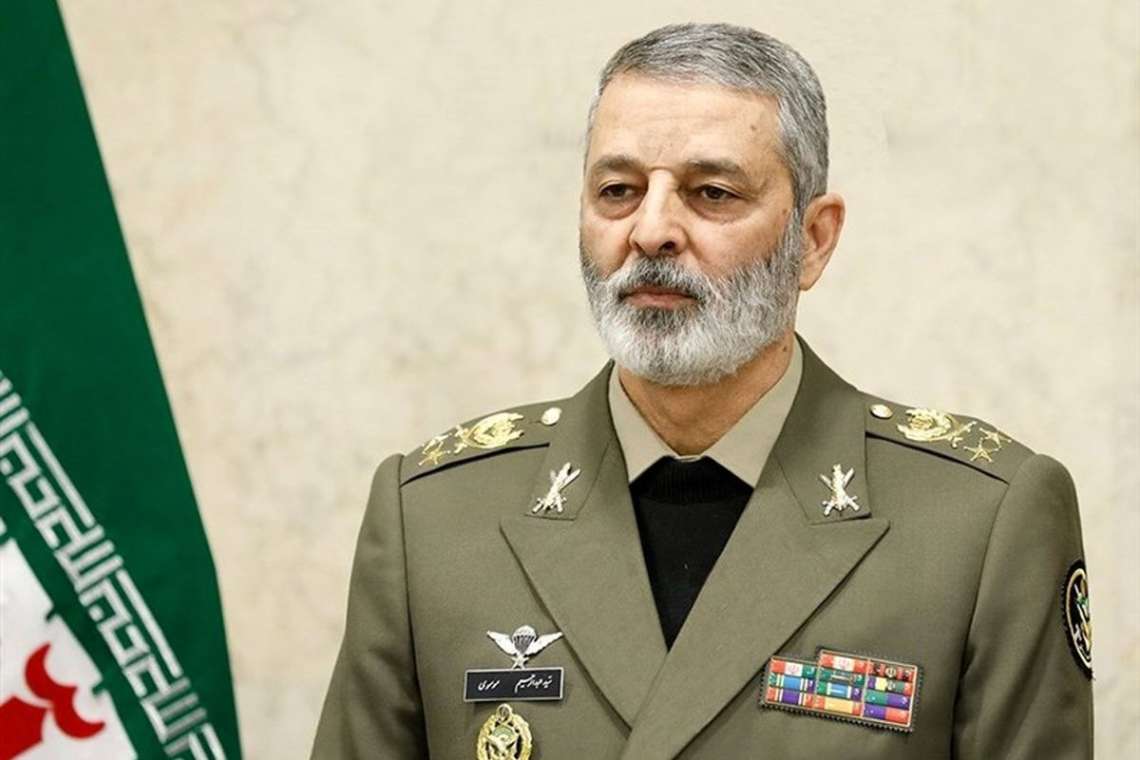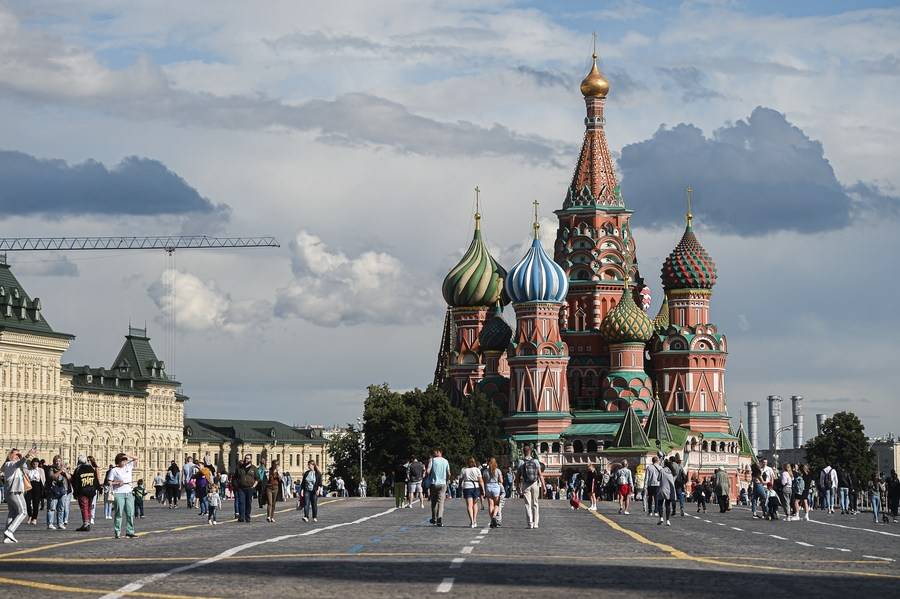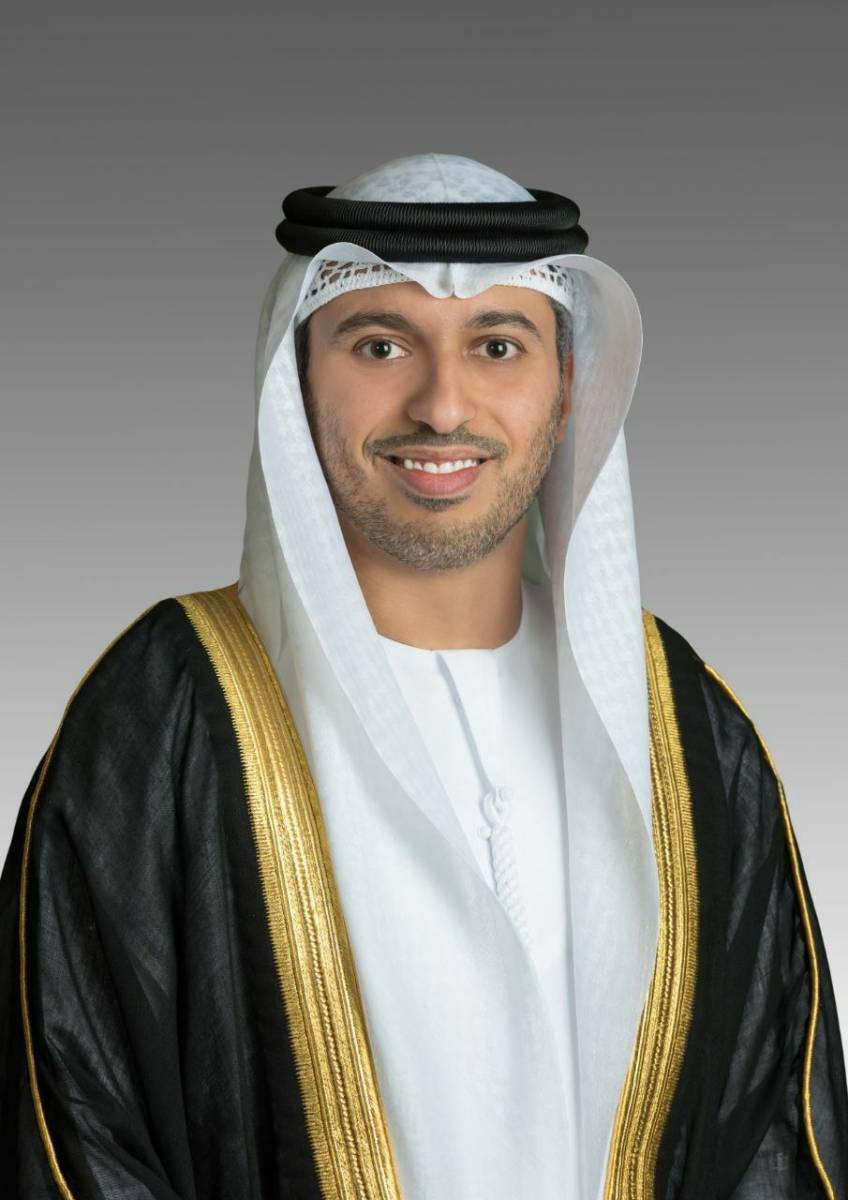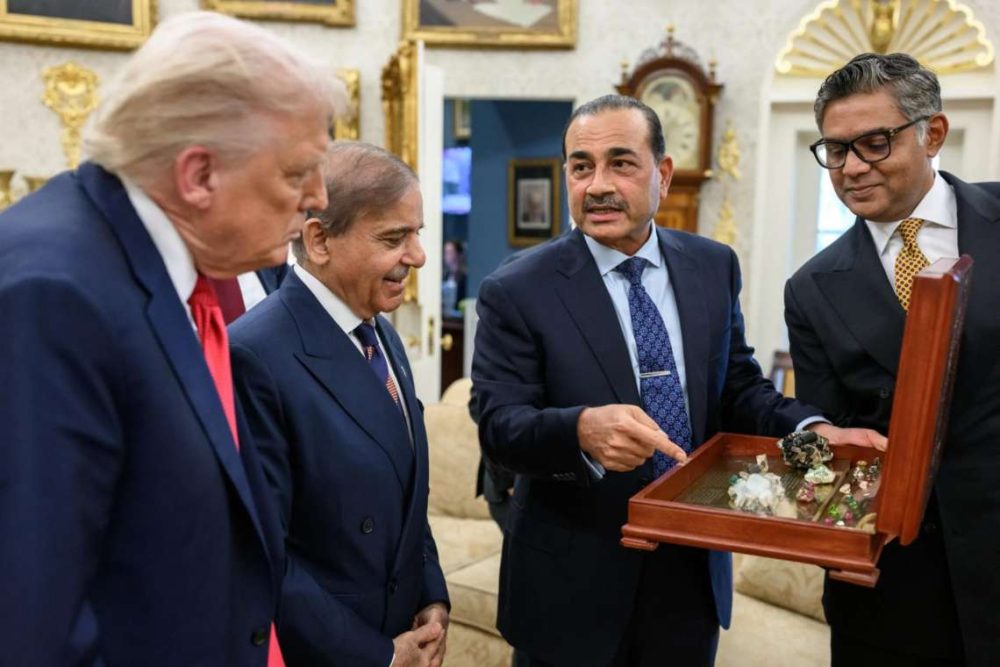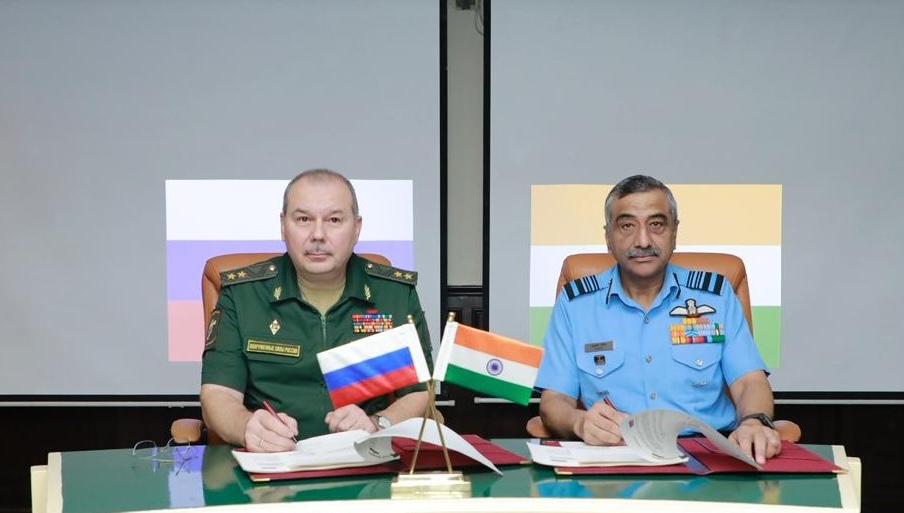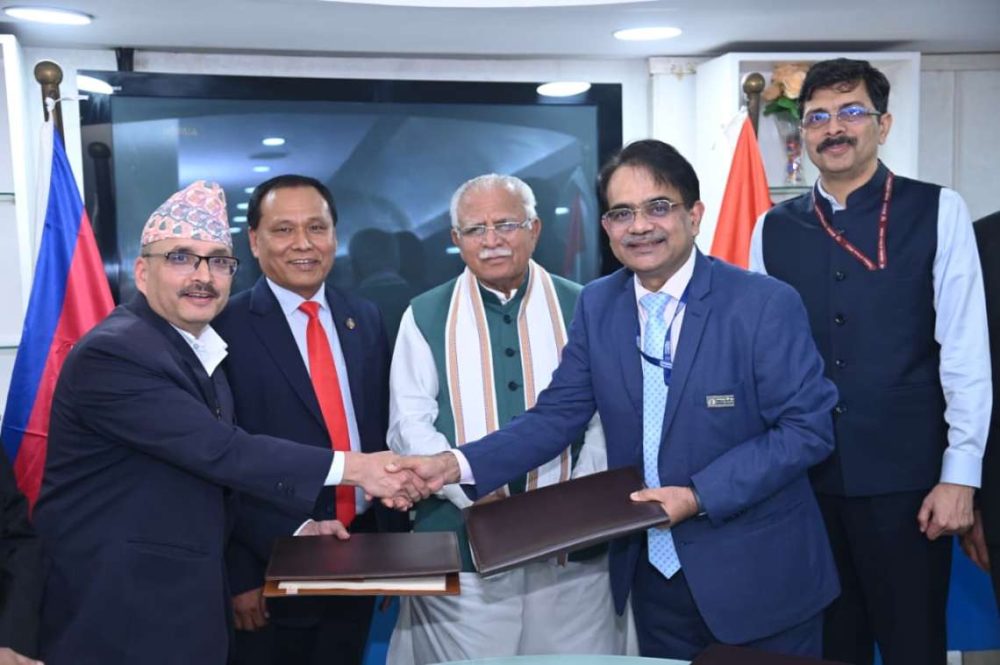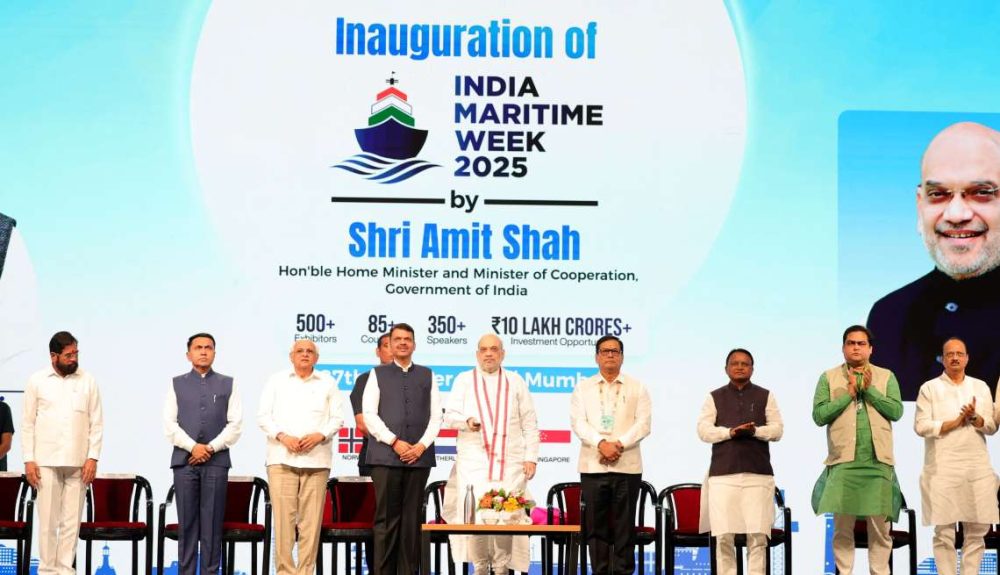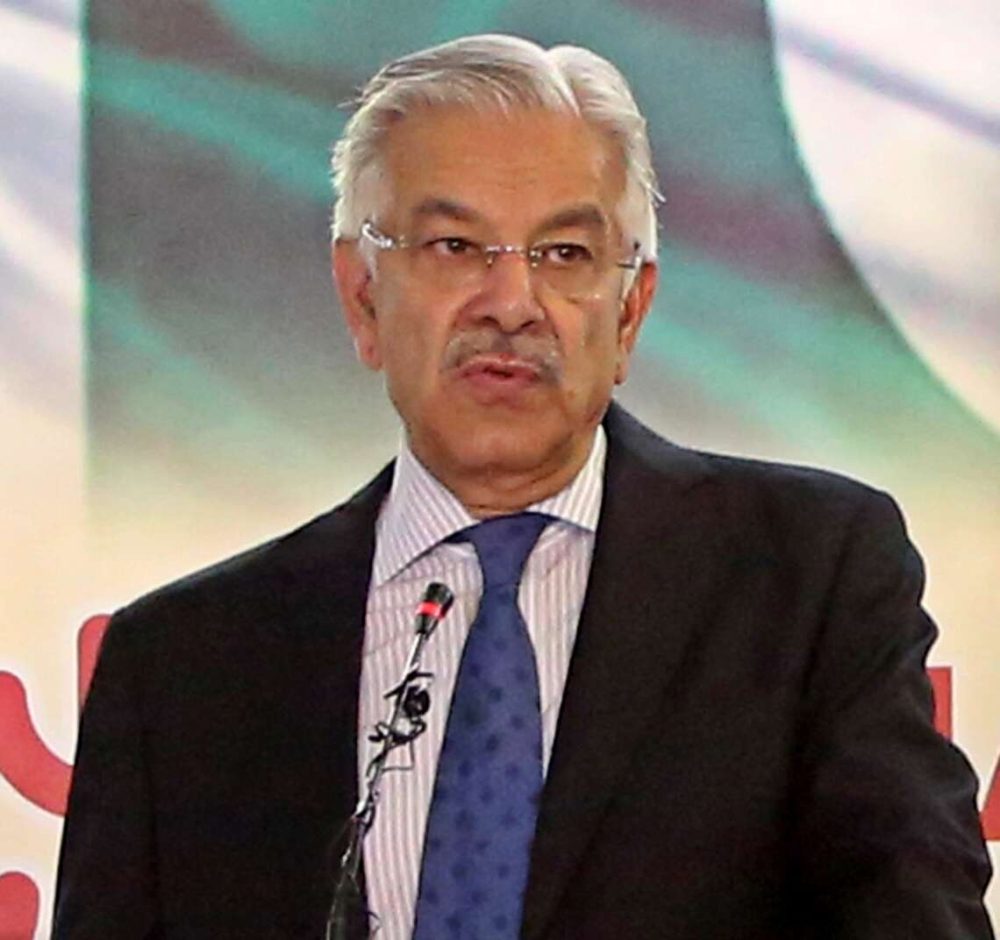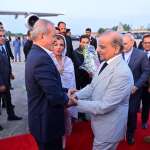Iran has warned that it has other options on the table if the Western side does not make an agreement, reports Asian Lite Newsdesk
A senior Iranian lawmaker has urged Western countries to refrain from delays in reaching a nuclear agreement, warning that otherwise, Iran would consider “other options”.
Mahmoud Abbaszadeh Meshkini, a member of the Iranian Parliament’s National Security and Foreign Policy Commission, told the official IRNA news agency on Sunday that a win-win agreement is important for securing Iran’s national interests.
“The Westerners need negotiations more than Iran … if the Western side does not make an agreement, we have other options on the table, and Iran’s hands are not empty in this regard,” he noted.
“Any agreement that deprives and limits Iran of the desired privileges will not be accepted by the Iranian nation,” he added.
In response to the question about safeguard issues, he said that solving the safeguards issues can “repair the damaged wall of trust between Iran and the West”.
Iran has repeatedly said that reports of the International Atomic Energy Agency (IAEA) about traces of uranium in some of its nuclear sites in the past are “political” and this case should be closed simultaneously with the revival of the 2015 nuclear deal, formally known as the Joint Comprehensive Plan of Action (JCPOA).
Iran and the US are indirectly exchanging views about a recent EU proposal aimed at resolving the outstanding issues on the revival of the JCPOA, Xinhua news agency reported.
Iran signed the deal with world powers in July 2015, agreeing to curb its nuclear programme in return for the removal of sanctions on the country. However, former US President Donald Trump pulled Washington out of the agreement and reimposed unilateral sanctions on Tehran, prompting the latter to drop some of its commitments under the pact.
The talks on the revival of the 2015 nuclear deal began in April 2021 in Vienna but were suspended in March this year because of political differences between Tehran and Washington.
The latest round of the nuclear talks was held in the Austrian capital in early August after a five-month hiatus. On August 8, the EU put forward a “final text” of the draft decision on reviving the 2015 nuclear deal.
‘No conditionality’
Last week, White House Press Secretary Karine Jean-Pierre suggested that there should not be any conditionality between a revival of the 2015 Iran nuclear deal and the conclusion of watchdog probes.
Addressing the media on Friday, Jean-Pierre made the remarks referring to the deal and investigations related to Iran’s obligations under the Non-Proliferation Treaty.
She said the investigations led by the International Atomic Energy Agency (IAEA) “are not political” and “are not leverage or bargaining chips”.
“We are unbending in our support for the IAEA’s independence… It would be preferable to return to the JCPOA without any open safeguard issues,” the Press Secretary added.
If the US makes the “right decision”, negotiations can be concluded quickly, Mohammad Marandi, an advisor to Iran’s nuclear negotiation team, said.
“Iran has responded as promised. It’s time for the (US President Joe) Biden team to make a serious decision,” Marandi tweeted hours after Iran’s Foreign Ministry Spokesman Nasser Kanaani said that Tehran had given answers to the Washington on the European Union’s draft of a potential nuclear agreement.
“The submitted text has a constructive approach with the aim of finalizing the negotiations,” Kanaani said in a statement.
The US State Department confirmed they have received Iran’s response through the European Union (EU).
“We are studying it and will respond through the EU, but unfortunately it is not constructive,” a Department spokesman was quoted by some Western media outlets as saying.
“For the US, ‘constructive’ usually means accepting US terms. For Iran, it means a deal that is balanced and protected,” Marandi said.


